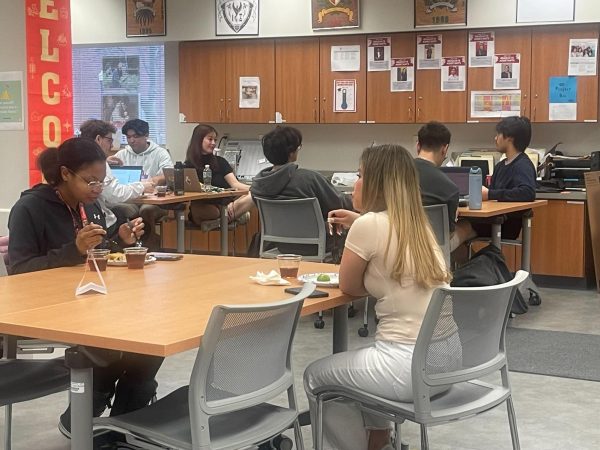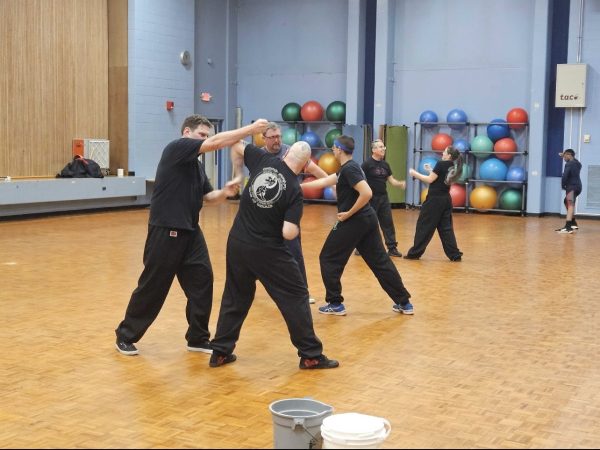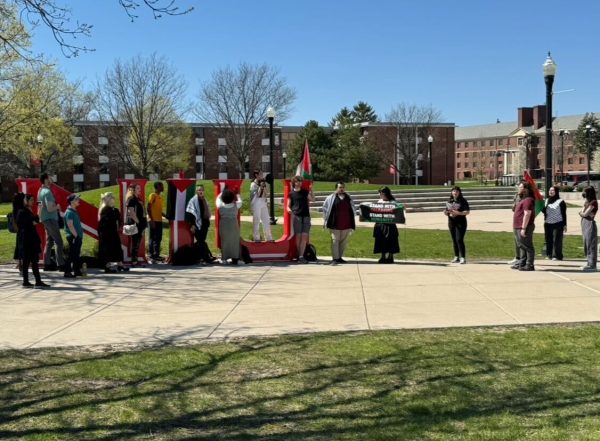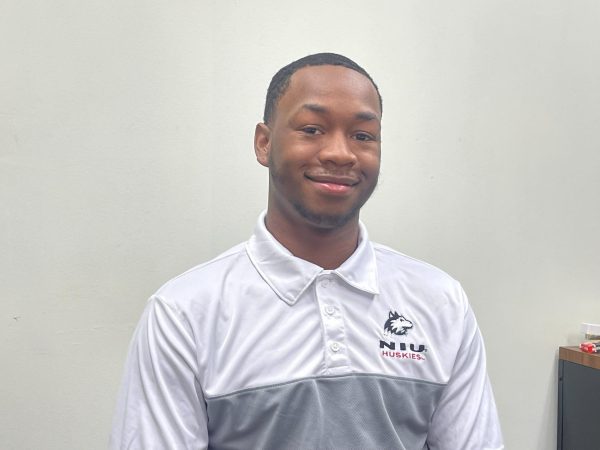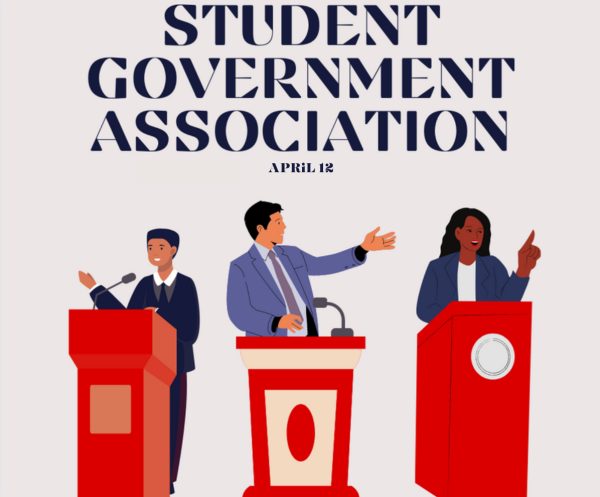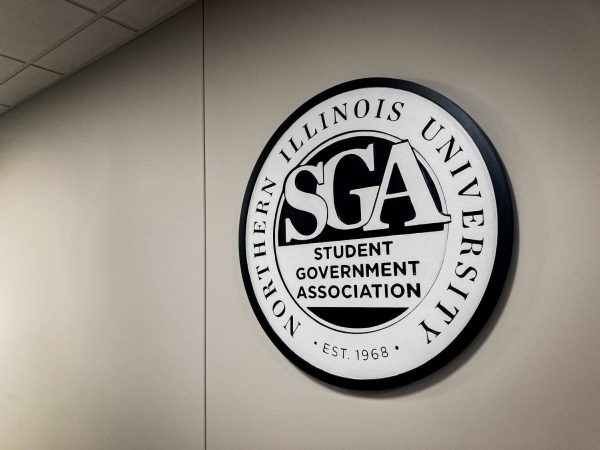How to: Find or start a Student Association organization
November 4, 2008
There are many aspects that make up the college experience. Aside from living in the residence halls or tailgating at a football game, many students opt to get involved by joining an organization.
Wide variety
According to Lauren Mock, vice president of the Student Association, there are about 300 organizations on file with the university. Two hundred of those organizations are active.
“A lot of people have come in and said, ‘Hey, are they doing anything?’ and I’ll say ‘no’,” Mock said, regarding the recent re-activation of a number of student organizations. She said updating the organization’s officer and faculty advisor forms is all that needs to be done.
There is a wide variety of organizations established on campus. For the religiously minded, there’s the Lutheran Campus Ministry and the Muslim Student Association. Students who have military experience will find a home in the NIU Veterans Club. And students who are seeking diversity and culture can join PRISM or B.R.O.T.H.E.R.S.
But if a student can’t find what they are looking for, they can always create their organization from scratch.
Creating your very own group
Starting a student organization is more than just a student and his four friends declaring themselves as a group. In addition to filling out an officer and faculty advisor form, a constitution has to be written.
According to the sample constitution posted on the SA’s web site, a group’s constitution must include articles on the purpose of the organization, the duties of the executive board, and the election process.
After doing so, the members will set up a meeting with Mock to go over the forms. If everything is in order, Mock said she will grant temporary recognition and set up a meeting with the SA Senate.
Recognition
Being recognized by the SA Senate allows for student organizations to meet in university buildings and advertise on university property, said Matt Venaas, speaker of the Senate.
“It’s going to be difficult to meet and to advertise [without being recognized],” Venaas said. “The recognition kind of allows for that.”
During the meeting, representatives from the organization give a presentation in front of the senate, and answer any questions they may have. Students afraid of public speaking shouldn’t worry, because the odds are in their favor.
“There would have to be some very serious issues for them to not get recognized,” Venaas said. In his three years with the SA Senate, Venaas could only recount one instance where a group was not recognized, but he could not remember what group or why they were denied.







